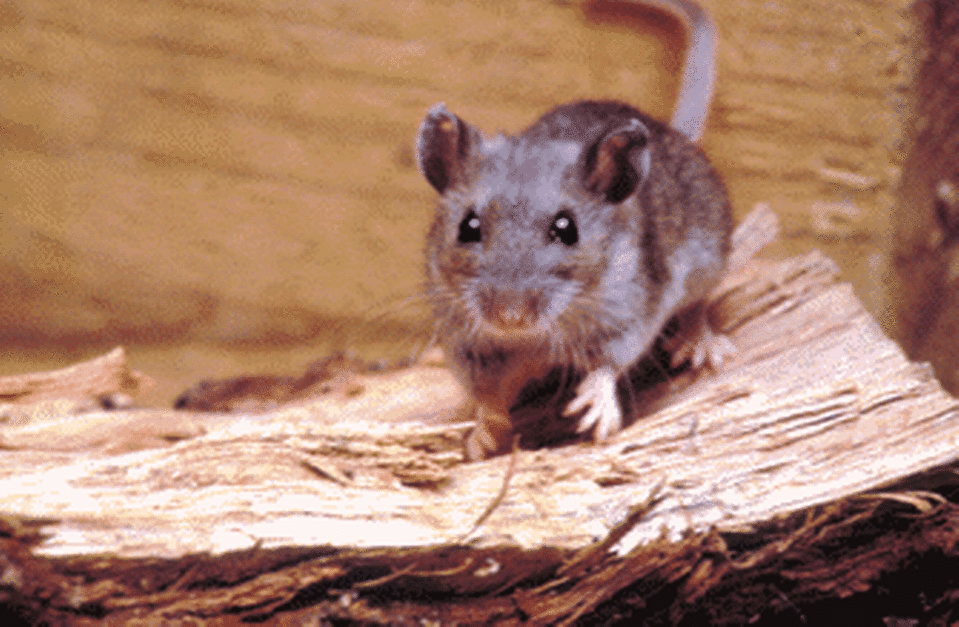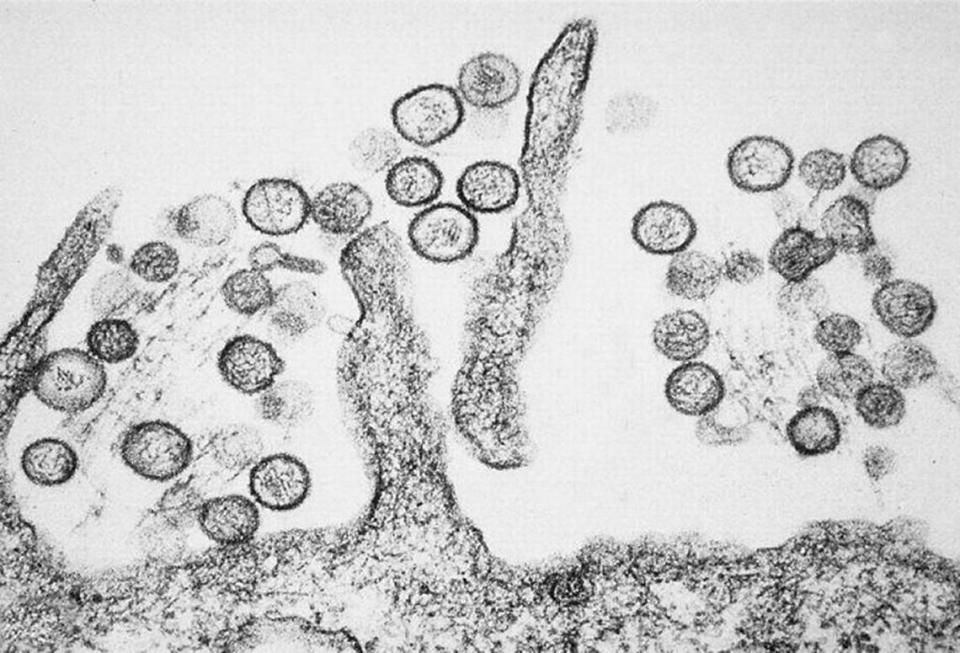Young Eastern WA man dies after exposure to hantavirus likely carried by deer mice
A Grant County man in his 20s has died from hantavirus, a virus spread by rodents, in the first case in the state reported this year.
His is the 19th known death from the virus in Washington state since 1985.
Most hantavirus cases in the state are in Eastern Washington, particularly in rural areas, according to the Washington state Department of Health.
In 2017 a Franklin County woman — a 25-year-old mother in Mesa — died after being infected with hantavirus.
The man who died recently was likely exposed to rodents in a vehicle, according to the Grant County Health District. Although the district did not say what kind of rodents, in Eastern Washington deer mice are the carriers of the virus.

People can be infected with hantavirus by breathing in dust contaminated from the urine, droppings or nests of infected rodents. They also can be infected by touching contaminated objects and then touching their nose or mouth.
The greatest risk of infection is in enclosed spaces, such as sheds, cabins or vehicles, that have rodent infestations and little fresh air.
Virus symptoms
Symptoms appear one to eight weeks after exposure and may include fever, muscle aches, fatigue, headaches, dizziness, chills and abdominal problems such as nausea or diarrhea.
Later symptoms such as shortness of breath, coughing and tightening of the chest as fluid fills the lungs require hospitalization.
The disease is fatal in just over a third of the cases.
Several cases in Benton and Franklin counties have been linked to cleaning out old buildings that are home to mice.
If a cabin or shed is infested with mice, the building should be aired out for 30 minutes before entering.
Rodents also may get inside vehicles through rust holes, vents and other openings. They may build nests in engine compartments, the air system, trunks, spare tire compartments or glove boxes.

Health officials recommend wearing a mask and using latex gloves when cleaning in areas that may have rodent droppings.
Avoid using vacuums, brooms or dusters that might stir up dust. Instead, wet possibly contaminated areas with disinfectant or a solution of at least 10% bleach and let it soak for 10 minutes before cleaning.
Dead rodents, nesting materials and feces should be sprayed with disinfectant until soaked and then double-bagged along with cleaning materials for disposal.
If infestations are heavy — such as piles of droppings, dead rodents or multiple nests — consider hiring a professional cleaning company, says the Grant County Health District.
The best way to prevent hantavirus may be to control rodents.
Seal holes and gaps where they get into buildings or vehicles, and remove places they may hide such as wood piles and garbage collections areas, says the health district.


